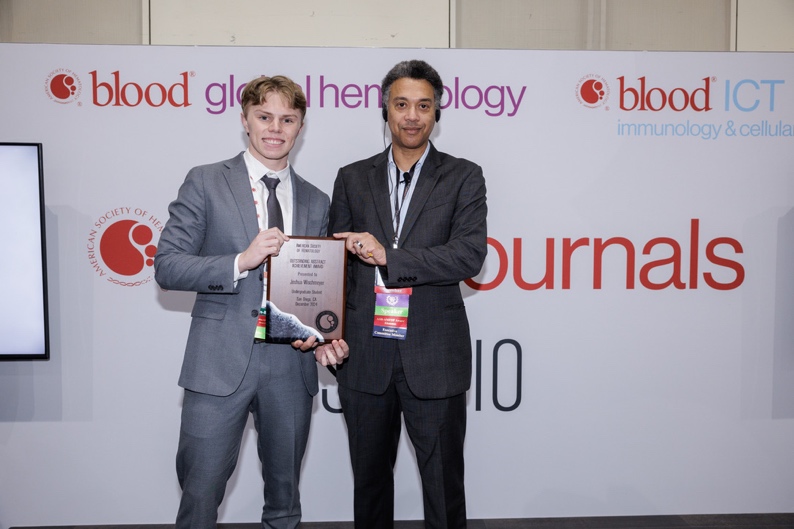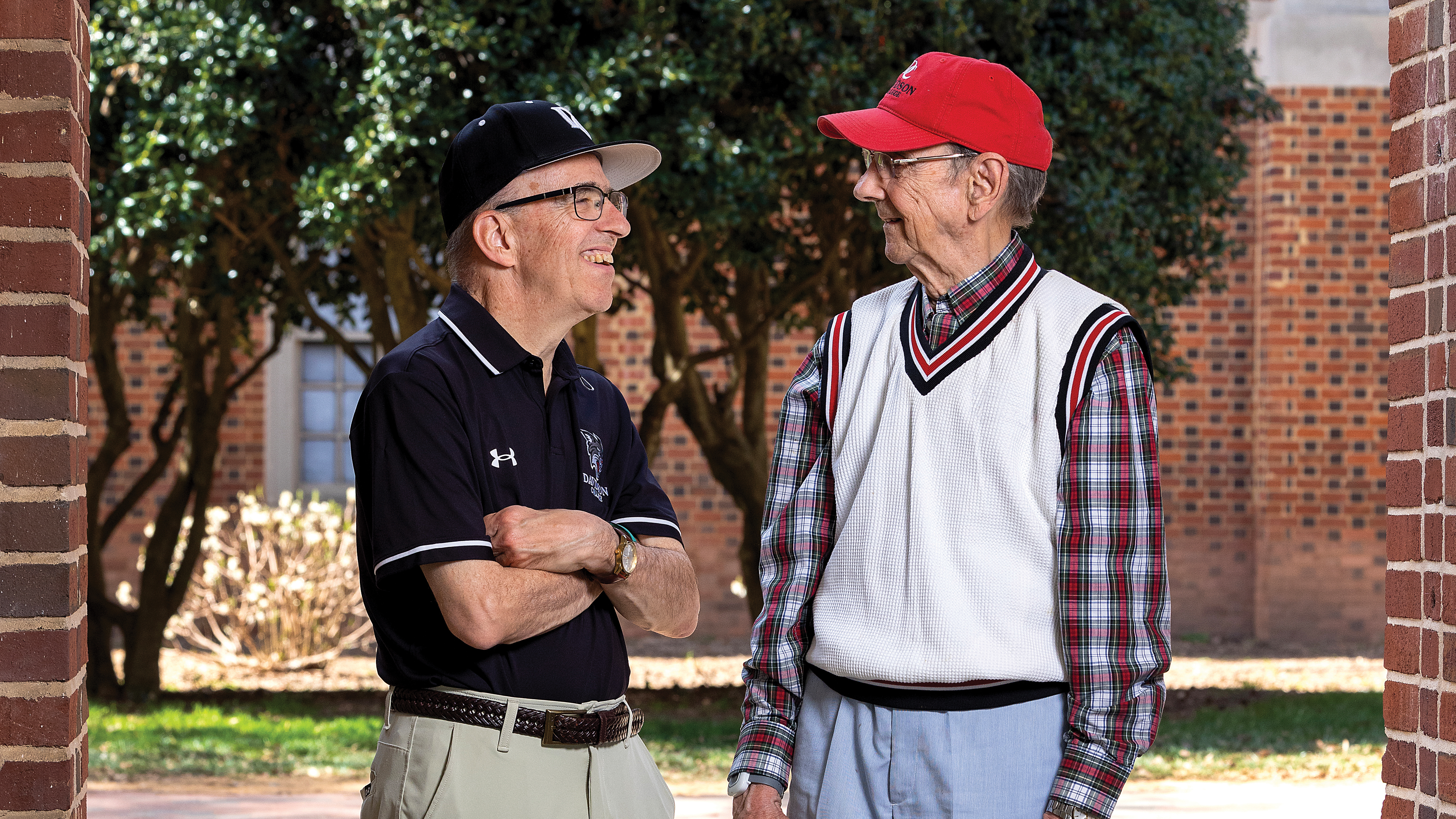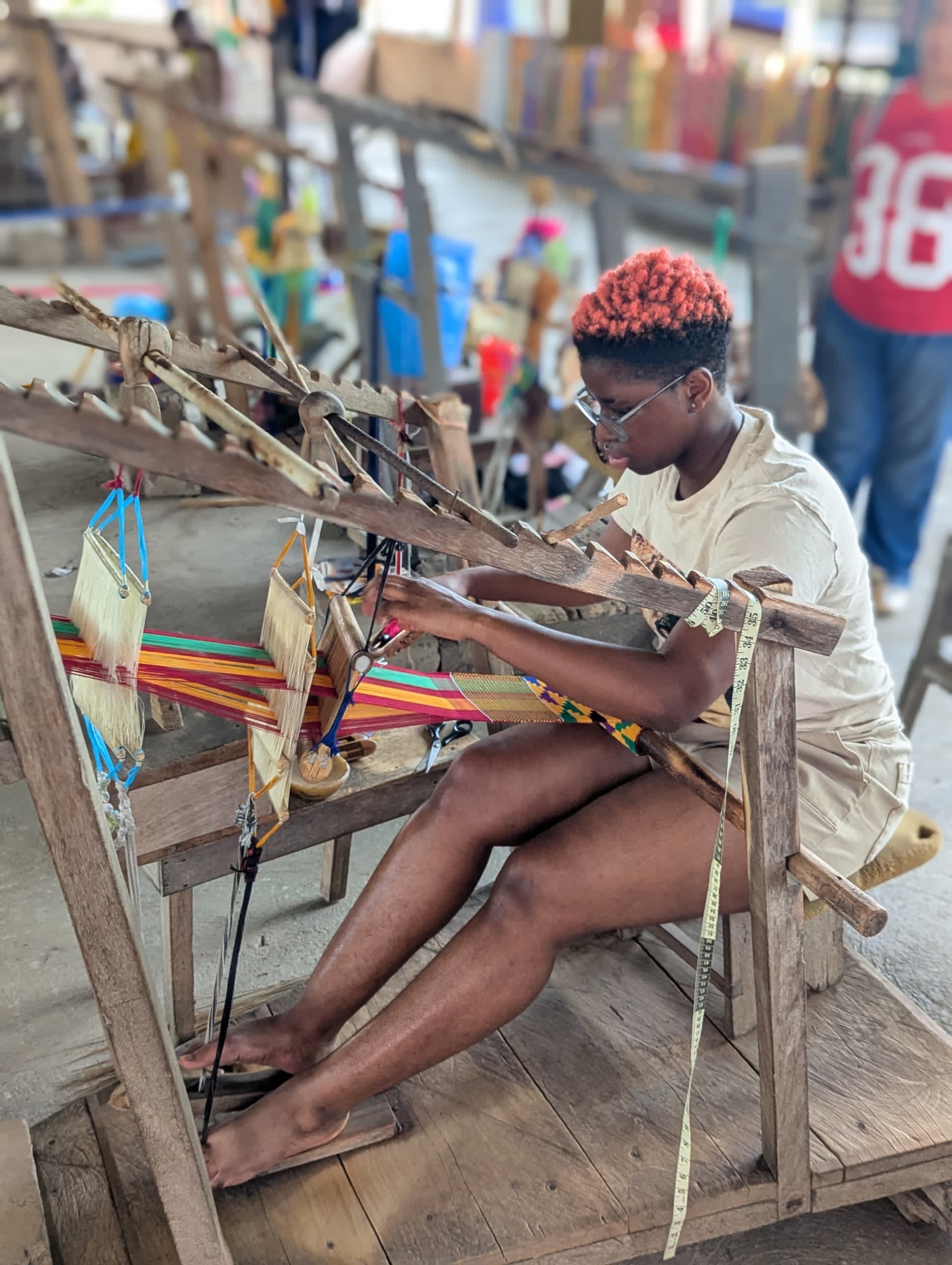Mississippi Valley State University Selects Alumnus William Bynum '84 as President
Davidson alumnus William B. Bynum Jr. ‘84 has been selected as president of Mississippi Valley State University (MVSU). The appointment caps a 25-year history of work in almost all areas of university operations, administration and teaching, including two years as Assistant Dean of Students and one semester as the Covington Distinguished Professor of Sociology at Davidson. He most recently served for four years as vice president for enrollment management and student services at Morehouse College in Atlanta.
Located in the Mississippi Delta town of Itta Bena, MVSU is the smallest of Mississippi's eight public universities. It provides undergraduate and graduate programs in education, the arts and sciences, and professional studies.
Bynum, 51, was born and raised in Rocky Mount, N.C. At Davidson, where he was nicknamed "Stone," he was captain of the football team, president of the Black Student Coalition, served on the President's Committee on Minority Affairs, and enjoyed acting in several drama productions. He credits Davidson with helping him realize the possibilities his career could hold. He said, "First and foremost, coming from a single parent household in the housing projects, I saw a whole different world at Davidson. It showed me that if you work hard you can do well and make a better life for yourself and family. But the main lesson I learned was the importance of academic rigor and care from the faculty."
Bynum returned home after graduating as a sociology major. For three years he taught and coached at Rocky Mount High School, then spent a year teaching and coaching at Columbia High School in Decatur, Ga. He came to Davidson in 1988 as assistant dean of students under Will Terry, and worked primarily with minority students, international students, and student athletes. He also administered a Pew Charitable Trust program called A.C.E.S. (Academic and Career Enrichment for Students).
Bynum said his career aspirations increased as a Davidson administrator during an initiative by several Charlotte-area colleges to host a symposium on the African diaspora in connection with an exhibition of artifacts of the Egyptian king Rameses. "One of the people I met was President Robert Albright of Johnson C. Smith University," Bynum recalled. "He was young and confident and competent, and impressed me a great deal. As I got to know him I thought, ‘I want to be like him!'"
Bynum then chose to further his education at Duke University, where he earned a master's degree and Ph.D. in sociology. He wrote his dissertation on "Volunteerism in America: Race and the Role of the Church." While at Duke, he was one of the first 13 inaugural members of the National Association For Equal Opportunity in Higher Education Kellogg Leadership Fellows Program. Funded through a grant from the Kellogg Foundation, the program is designed to train college and university presidents for minority serving institutions.
After finishing his master's degree course work in 1993, he relocated to Atlanta, where he worked at Georgia Tech and Clark Atlanta University. He then served as vice president for student affairs and enrollment management at Lincoln University in Pennsylvania, before his most recent position as a vice president at Morehouse College. His office there served as the official liaison between the administration and the student body, encompassing athletics, counseling, housing, student health and conduct, and career planning.
The Board of Trustees of State Institutions of Higher Learning selected Bynum as president from a pool of 70 applicants. "Dr. Bynum has extensive experience in higher education," said Shane Hooper, the MVSU board member who led the university's search committee. "He understands the most pressing issues in higher education today and has the knowledge and leadership skills necessary to address them."
Bynum will begin his tenure at MVSU on November 6. He said that his priority will be reversing the school's decline in enrollment, which has fallen in the past eight years from 3,000 to 2,300 students. He hopes to expand recruitment to areas with growing numbers of high-school graduates and use financial aid to bolster recruitment in new territories. He will also focus on student retention and graduation rates, and on unifying alumni and community members associated with the university.



